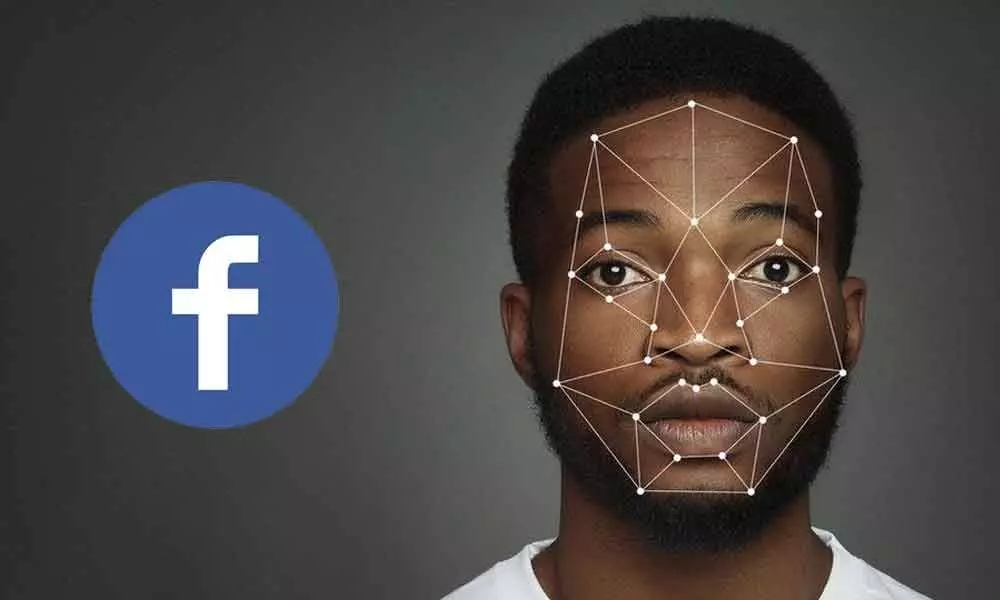Facebook is discontinuing its facial recognition feature

Facebook to shut down facial recognition feature
Meta (earlier known as Facebook) is discontinuing Facebook's facial recognition feature after a long battle for privacy. Meta says the change will be implemented in the next few weeks. The feature has been opt-in since 2019.
Meta (earlier known as Facebook) is discontinuing Facebook's facial recognition feature after a long battle for privacy. Meta says the change will be implemented in the next few weeks. As part of this, the company will stop using facial recognition algorithms to tag people in photos and videos and will remove the facial recognition templates it uses for identification.
Vice President of Artificial Meta-Intelligence Jerome Pesenti sees the change as part of a "company-wide move to limit the use of facial recognition in our products." The move follows a lawsuit that accused Facebook's tagging technology of violating Illinois biometric privacy law, leading to a $ 650 million settlement in February. Facebook previously restricted facial recognition to a subscription feature in 2019.
"Looking ahead, we still see facial recognition technology as a powerful tool," writes Pesenti in a blog post, citing possibilities like face-based identity verification. "But the many specific instances where facial recognition can be helpful need to be weighed against growing concerns about the use of this technology as a whole," Pesenti notes that regulators haven't settled on comprehensive privacy regulation for facial recognition. "Amid this ongoing uncertainty, we believe that limiting the use of facial recognition to a narrow set of use cases is appropriate."
Pesenti says that more than a third of Facebook's daily active users had opted for facial recognition scanning, and more than 1 billion facial recognition profiles will be removed as part of the next change. As part of the change, Facebook's automated alt-text system for blind users will no longer name people when analyzing and summarizing media, and will no longer suggest that people tag in photos or automatically notify users when they appear in photos. and published videos. By others.
Facebook's decision will not prevent independent companies like Clearview AI, which built huge databases of images by pulling photos from social media, including Facebook, from using facial recognition algorithms trained on that data. US law enforcement agencies (along with other government divisions) work with Clearview AI and other companies for facial recognition surveillance. State or national privacy laws would be needed to restrict the use of technology more broadly.
By shutting down a feature that has been used for years, Meta hopes to reinforce user confidence in its privacy protections as it prepares a launch of virtual and augmented reality technology that potentially compromises privacy. The company launched a pair of camera-equipped smart glasses in partnership with Ray-Ban earlier this year, and is gradually rolling out 3D virtual worlds on its Meta VR headset platform.










